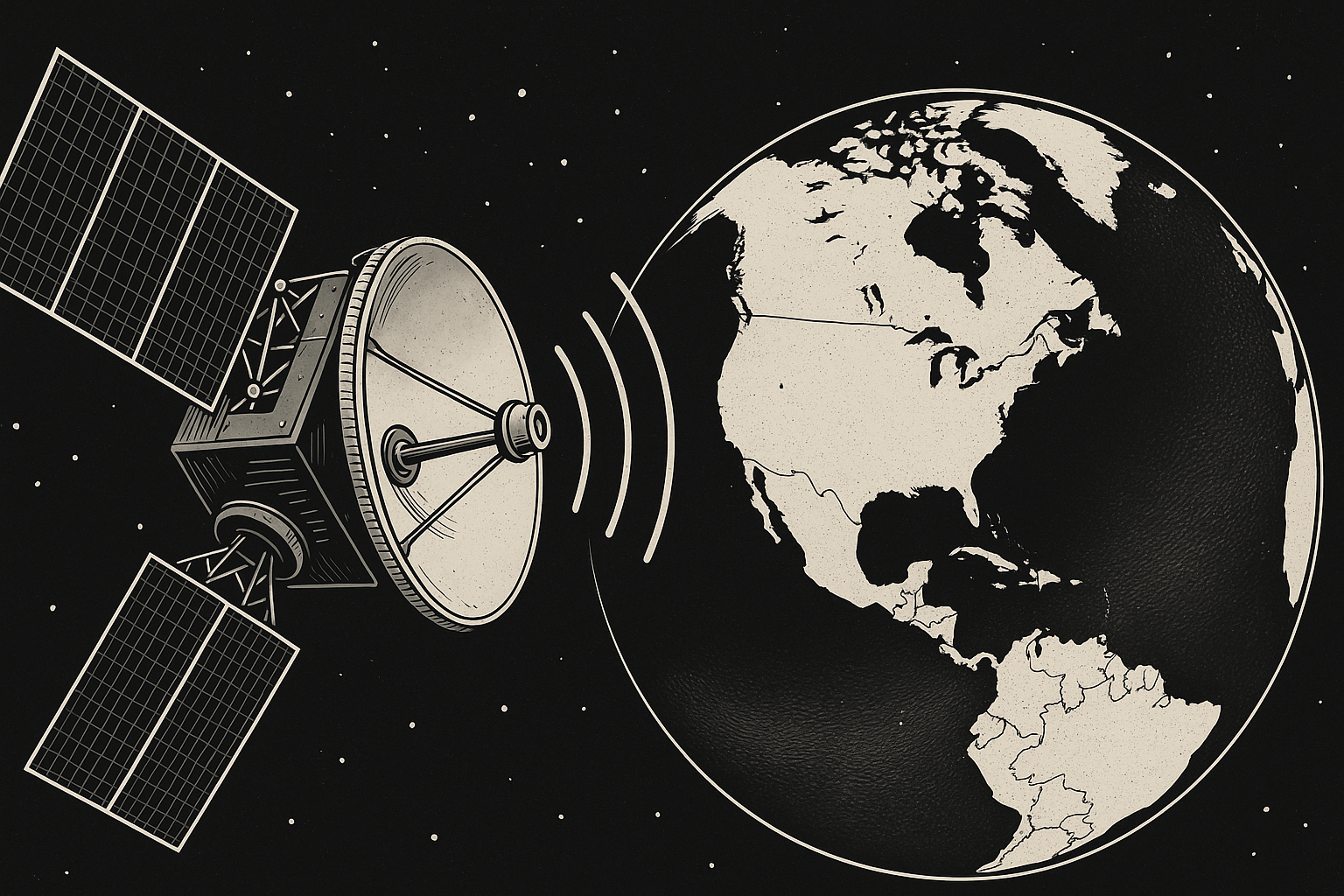SpaceX is reigniting its fight for control over the 2-GHz mobile satellite spectrum currently held by EchoStar, the parent company of Dish Network and Boost Mobile. This spectrum is critical for expanding SpaceX’s cellular Starlink service, which aims to bring connectivity to underserved and remote areas.
What’s Happening & Why This Matters

After the Federal Communications Commission (FCC) earlier denied its request, SpaceX has filed a fresh application seeking access to the 2-GHz band. The desired acquisition comes amid new, more favorable FCC leadership under Chair Brendan Carr, who wants to free up spectrum for commercial use.
SpaceX argues that it can use this spectrum efficiently to improve capacity, reduce latency, and broaden coverage without interfering with EchoStar’s current operations. This battle over spectrum is pivotal to the future of satellite-powered mobile internet.
The Spectrum Showdown
EchoStar currently holds exclusive rights to the 2-GHz band for mobile satellite services but has been criticized for underutilizing it. SpaceX’s application includes measurements from its Starlink satellites, indicating that EchoStar’s activity in this spectrum is minimal — between 1% and 5% usage in key frequency ranges.
EchoStar CEO Hamid Akhavan recently expressed skepticism about launching satellites in this band without enough compatible devices, demonstrating EchoStar’s possible lack of urgency in activating the spectrum.
SpaceX sees this as a wasted opportunity. It tells the FCC that EchoStar’s inaction blocks more motivated operators like itself from deploying next-generation satellite services that could help millions of Americans in connectivity dead zones.
Spectrum Sharing and Regulatory Change

SpaceX asks the FCC to share the 2-GHz spectrum without causing radio interference and requests waivers for some standard FCC spectrum approval rules to speed up access.
EchoStar is pushing back hard. The company asserts it is actively developing new direct-to-device satellite services in North America and Europe and recently launched a LEO satellite for this purpose.
In response to the FCC inquiry, EchoStar insists it uses the spectrum responsibly and accuses SpaceX of making a “bad faith” attempt to seize spectrum rights unfairly.
TF Summary: What’s Next
SpaceX’s renewed push for the 2-GHz spectrum is a pivotal moment in the race to deliver satellite-based mobile internet. The FCC’s upcoming decisions will coordinate existing rights holders and innovative new entrants.
As satellite internet grows in importance, efficient spectrum use and fair regulation are key to connecting underserved populations and advancing next-gen mobile networks.
— Text-to-Speech (TTS) provided by gspeech


